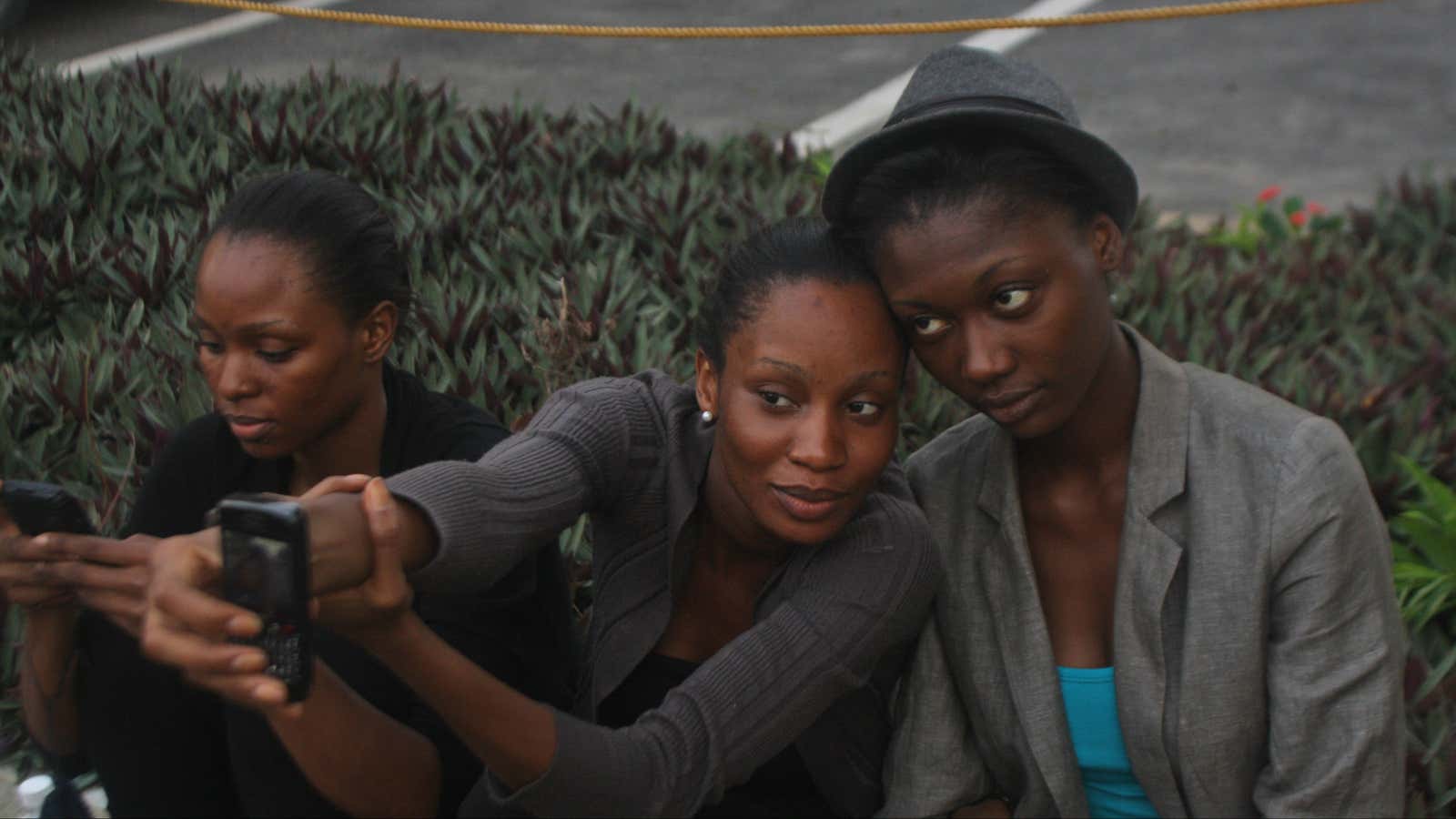This post has been updated.
MasterCard is testing out a facial recognition app that would allow users to make payments online by snapping selfies of themselves instead of entering a password, CNN reports.
Currently, the credit card company’s customers use a self-selected password, called a “SecureCode,” as a final step during online shopping to prevent hackers using stolen credit card information. The selfie technology would replace that, so that users could instead look into their phone cameras and blink (to prove they’re a live human and not a photo) to prove their identity.
Using MasterCard’s phone app, the face scan will be converted into 1s and 0s and sent to MasterCard over the Internet, so that the company will not receive your actual pic, but a digital translation of it, a MasterCard executive told CNN.
MasterCard will first try the program with 500 customers, in a trial that will also include fingerprint recognition. Once any bugs are fixed, it plans to launch the program publicly. The credit card company told CNN it has partnered with all the major smartphone makers, including Apple, Blackberry, Samsung, Google, and Microsoft, but as it had not yet completed deals with two major banks, it declined to share who would be the first customers to have access to the technology.
“The new generation, which is into selfies … I think they’ll find it cool,” Ajay Bhalla, president of Enterprise Safety and and Security at MasterCard, told CNN.
The company is also playing with voice and heartbeat recognition to make the secure payment process even more seamless, he said.
MasterCard is not the first financial company to use facial recognition technology. USAA, the financial services firm for military members and their families, currently offers mobile facial recognition logins to its members.
Update (July 3, 2015, 9:31 a.m.): MasterCard has confirmed to Quartz that the CNN report is accurate.
